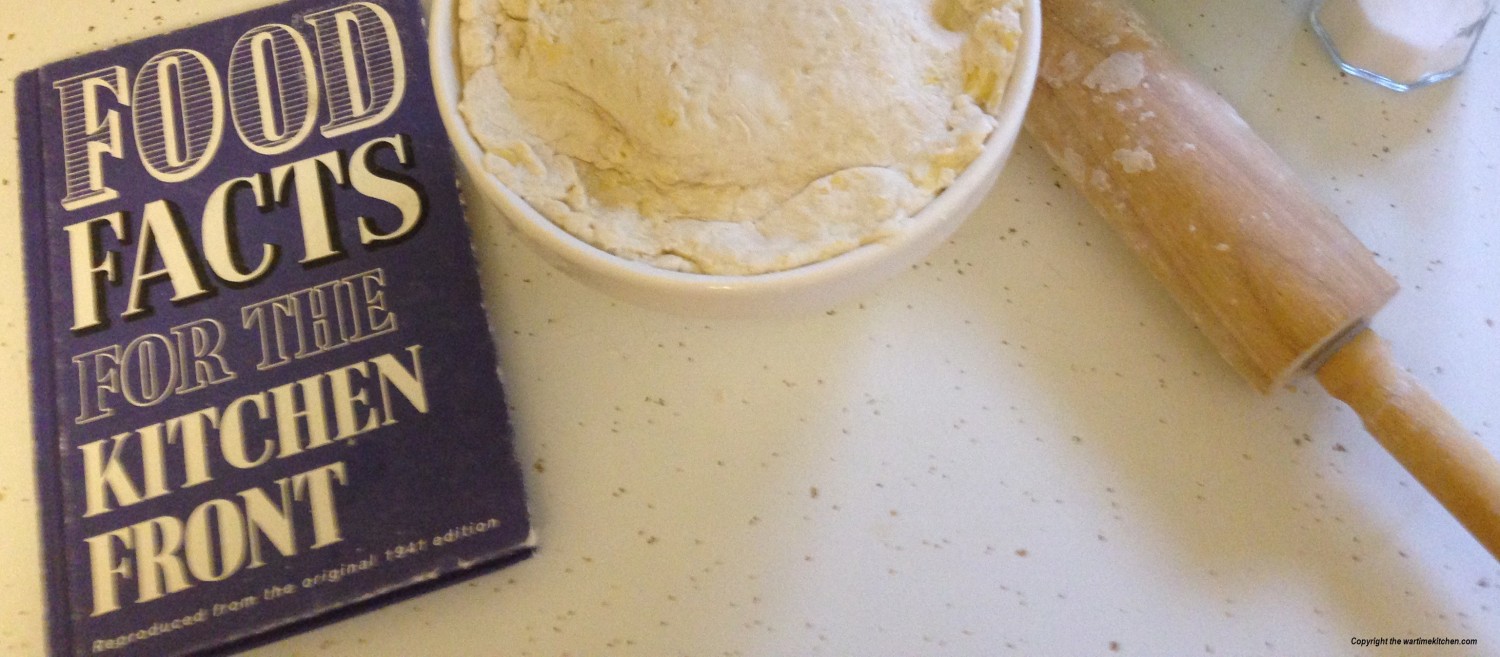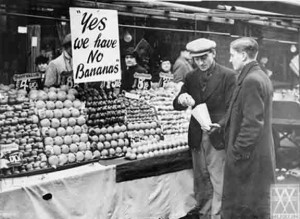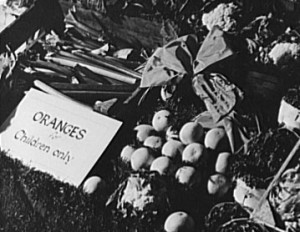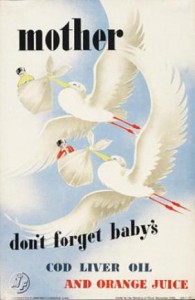Imagine never having seen, or eaten, a banana? If you were a child born in the days of World War II in Britain, this would not have been uncommon. Imported fruits were hard to come by due to rationing; the unavailability of “exotic” fruits due to the wartime bombing of ships prevented these items arriving safely at their destination. When, and if, these fruits became available, there were long queues to get those priceless bananas and oranges.
With the onset of rationing, oranges and bananas disappeared from the shops.Fresh oranges did occasionally arrive safely by ship from America — but they were rationed and restricted to children only.
The British government and the Ministry of Food were concerned that people, especially children, had essential quantities of basic foods to stay healthy, and that staying healthy was an important part of the war effort.
Doctors were regularly sent to schools to check the nutritional needs and general good health of children. Schools were supplied with Virol (formerly Virolax), a liquid laxative made from sweetened bone marrow, that was given weekly to children to “keep them regular.” Virol was eventually discontinued during the war as it was too costly to manufacture. Even in the days of rationing, poor children were guaranteed meals to keep healthy. To avoid the onset of scurvy and rickets, children under five were given doses of cod liver oil; those under three got daily portions of regular or instant dried milk, and the all important orange juice. Mothers were able to get bottles of cod liver oil and concentrated orange juice (both shipped to Britain by the United States) that were distributed at British Welfare Centers.





